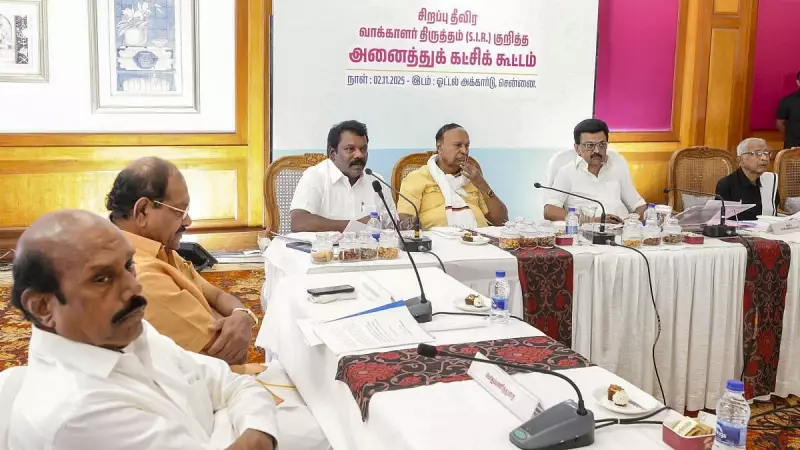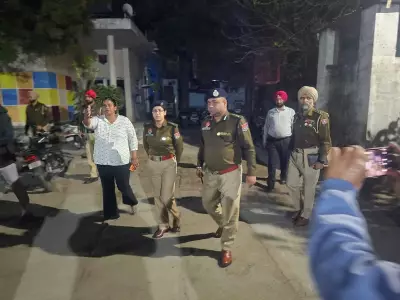
The Supreme Court of India is set to become the arena for a crucial legal showdown on November 11, as it prepares to hear multiple petitions challenging the Election Commission of India's decision to conduct a special summary revision exercise across the nation.
Legal Challenge Intensifies
The petitions, which question the constitutional validity of the Election Commission's pan-India electoral roll preparation exercise, have now reached the highest judicial platform. This development comes after the Delhi High Court previously declined to intervene in the matter, setting the stage for a Supreme Court hearing.
November 11: D-Day for Electoral Exercise
The contentious special summary revision exercise, scheduled for November 11, has become the focal point of legal and political debates. Critics argue that the methodology and timing of this nationwide electoral roll update require judicial scrutiny to ensure democratic processes remain uncompromised.
What's at Stake?
The outcome of this legal battle could have far-reaching implications for India's electoral framework. The Supreme Court's decision will not only determine the fate of the November 11 exercise but could also set important precedents for how electoral preparations are conducted in the future.
Broader Implications
Legal experts suggest that this case represents a significant test of the judiciary's role in overseeing electoral processes. The petitions before the Supreme Court raise fundamental questions about the balance between the Election Commission's autonomy and the need for judicial oversight in democratic exercises.
As the nation watches closely, the Supreme Court's hearing on November 11 promises to be a landmark moment in India's electoral history, potentially reshaping how future elections are prepared and conducted across the country.






